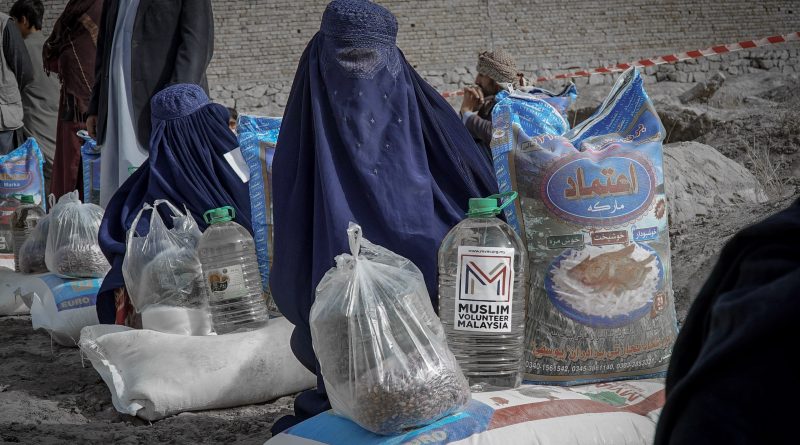Afghan Drug Trade Threatens U.S. War on Drugs
Madi Field
Staff Writer
Concerns regarding the impact on Afghanistan’s opium trade have been largely elusive from global conversations since the Taliban reclaimed control of Afghanistan last August, despite its prominence as a multi-billion dollar industry. Reuters reports the United States government has spent more than $8 billion in an unsuccessful effort to eradicate it.
After their takeover last year, Taliban leaders quickly announced their intention to end the opium trade in Afghanistan. Spokesman Zabiullah Mujahid decreed that “Afghanistan will not be a country of cultivation of opium anymore,” declaring that the Taliban would attempt to “eradicate the production of narcotics” in the largely rural, mountainous nation. As the Taliban previously banned the growth of poppies in 2000 for religious reasons, The European Foundation for South Asian Studies argues that their claims should be given consideration. However, international experts and even the Taliban themselves seem to doubt the veracity of these claims.
Given the Taliban’s known lack of asset control and financial instability, the economic viability of enforcing such a ban has been in question. BBC News reports that the Taliban’s 10 percent taxation rate on opium farming and further taxation of heroin laboratories and narcotics smugglers provides a significant source of income for the terror group. While exact monetary estimates of opium revenue for the terror group vary, U.S. Commander General John Nicholson asserts that the drug trade may account for as much as 60 percent of the Taliban’s annual revenue.
Furthermore, the Taliban face a fierce opponent in banning opium production – the Afghan people. The Brookings Institute notes that prior attempts by the Taliban in 2000 to ban opium cultivation in the hopes of gaining international legitimacy proved both wildly unpopular and unsuccessful. In one of the world’s poorest countries, the estimated $1.5 billion industry of opium cultivation provides opportunities to peasants intimately tied to poverty and economic underdevelopment. Banning the livelihood of hundreds of thousands of Afghans created a grave threat to the “domestic political capital” of the terror group, forcing the Taliban to reconsider their strict stance. The Taliban ultimately reversed the ban in 2001 amid this national outcry, an unusual deviation for the regime that some scholars believe was intended to strengthen the country’s political force in preparation for a coming war with the United States.
Already, patterns of narcotics trafficking hint that the Taliban are reneging on their promises amid the country’s continued instability. Politico reports that the British National Crime Agency predicts an imminent “upward trajectory” of opium cultivation as Afghanistan and its economy further deteriorate. Prior attempts by the West and surrounding nations to diminish the narcotics trade through force have largely failed, indicating that a renewed effort to eradicate drugs may prove similarly unsuccessful. Experts argue that, from an economic perspective, it will be difficult to permanently reduce the country’s drug trade because Afghanistan lacks the necessary resources to diversify and properly industrialize rural areas. Until the government can provide a better alternative to opioid production for impoverished peasants who depend on the trade for their livelihood, opium cultivation will likely continue.
Politico continues that experts fear increased production of opium will have drastic effects on the European drug market, which receives 95 percent of its heroin, and a growing percentage of its methamphetamine, from Afghanistan. Jeremy Hunt, the chair of the British House of Commons health committee, argues that the surge in heroin availability across Europe “would be the most unintended of a long list of unintended consequences” stemming from last year’s Afghan withdrawal, and would be disastrous for the UK’s already burgeoning drug crisis.



